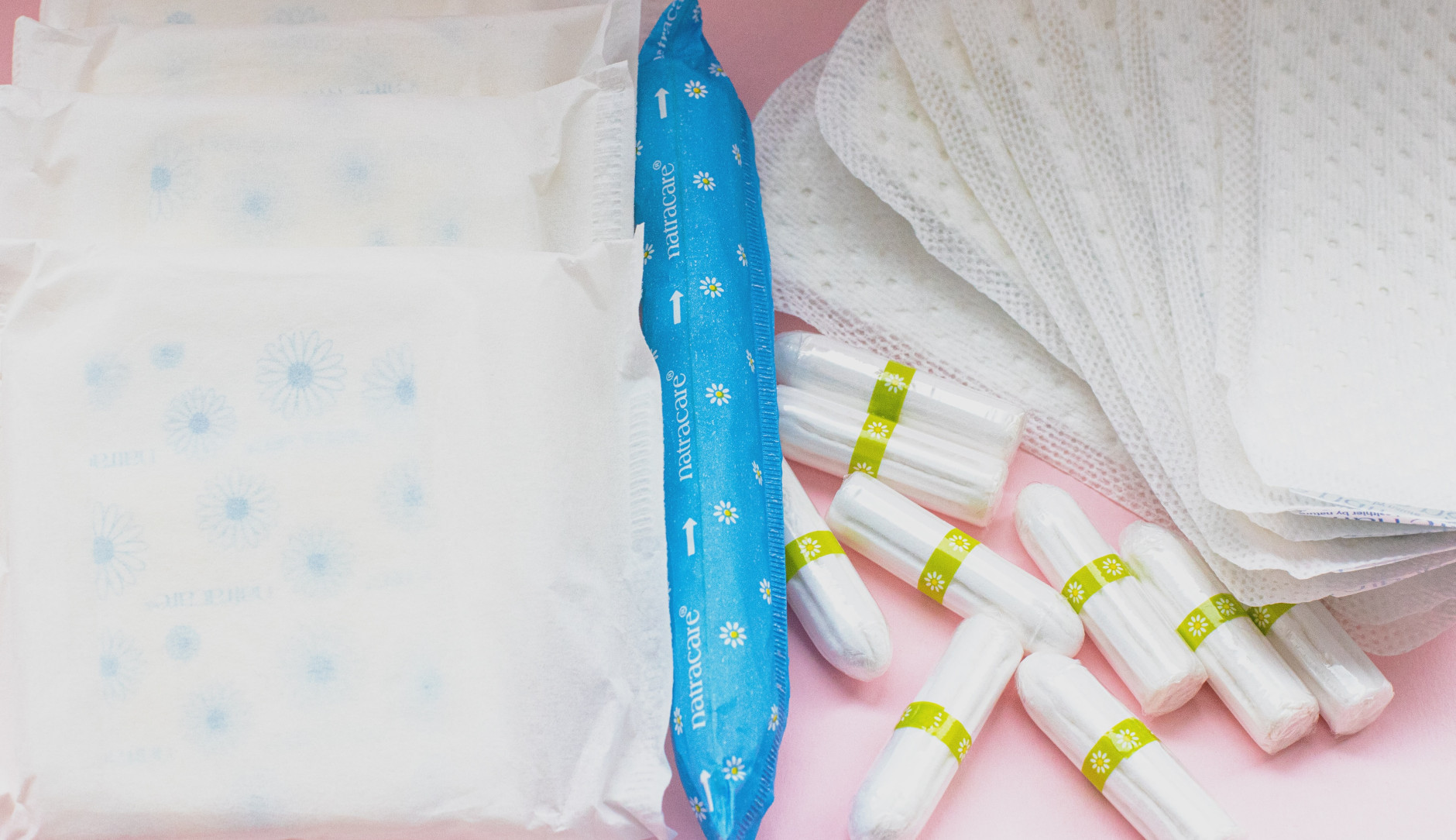Championing Period Equity: Volt Europa's Vision for a Period-Inclusive Society
Discover Volt Europa's commitment to providing free menstrual hygiene products and promoting period dignity.

Today is International Day for the Eradication of Poverty, and we’re looking at the often-neglected scandal that is period poverty.
For most of us, the monthly arrival of Aunt Flo, Erdbeerwoche or Andres (el que viene cada mes) is an unpleasant, inconvenient, probably painful occurrence. But for one in ten Europeans who menstruate, it is also a time of financial stress and anxiety.
Though there is little clear data on the subject, around 10% of Europeans are estimated to be unable to afford the products they need to manage their period safely and comfortably.
Globally, half a billion people are unable to attain menstrual hygiene through a lack of sanitary products, inadequate sanitation or the absence of vital information. The result can be stress, suffering and social exclusion.
Food or sanitary protection?
In the Global North, the average cost of purchasing menstrual protection over a lifetime has been calculated to be approximately 5,500€. With 95 million Europeans already at risk of poverty or social exclusion, it’s unsurprising that, when it comes to choosing between buying food or buying sanitary products, many forego these essential items. As a result, people often then withdraw from social engagement for fear of ‘accidents’ or ridicule.
This withdrawal can be highly damaging and is common not only for those who cannot afford proper protection. Between 30 and 50% of people who menstruate miss work or school for at least one day a month, and those who experience period poverty are especially vulnerable.
Moreover, transgender boys and men, migrants, refugees and disabled women can be particularly affected by period poverty, all of whom are more likely to live in poverty in the first place.
To free or not to free?
Volt Europa believes that menstruation should never be a financial burden and supports the free provision of menstrual hygiene products.
Schemes such as the one initiated in France in 2020 require public institutions (in this case high schools and universities) to provide period products free of charge, while from 2024, products will be free for anyone under the age of 25. In Scotland, anyone who needs menstrual products can now obtain them free from community centres, youth clubs and pharmacies. These schemes are vital, but they are piecemeal and localised.
At the European level, attempts to reduce the cost of menstrual protection have seen mixed results. A 2019 European Parliament Resolution on gender equality and taxation called for Member States to apply a VAT exemption on sanitary products, but only Ireland has done so (a move that predated the EU’s requirement that special rate VAT be charged at a rate no lower than 5%).
In any case, scrapping the tax on period products is not necessarily a silver bullet.
In 2021, post-Brexit, the UK successfully removed its so-called 5% ‘tampon tax’. But reports suggest that, rather than passing on the savings to consumers, retailers have instead been pocketing the difference, resulting in just a 1.5% reduction in cost. Moreover, any reduction in tax revenue for the state limits its ability to provide key services, of which women are the main beneficiaries.
But perhaps even more importantly, period poverty cannot be reduced simply to the cost of a box of tampons. There are deeper issues at play.
Solving period poverty requires a broader approach
While access to suitable hygiene products is imperative for the effective management of menstruation, it’s also vital that we demystify periods and break the social taboos surrounding this entirely natural process.
The fact that I began this piece with three common period euphemisms shows that we are still reluctant to discuss the subject openly. Period shame affects many of us: in small ways (perhaps by hiding a tampon up a sleeve rather than walk proudly through an open-plan office) to more life-limiting impacts.
More than half of British teenaged girls surveyed by Plan International admitted to having missed school while on their period, not because of pain but because they were worried about leaking or had other menstrual anxiety.
A comprehensive sexual and reproductive health and rights (SRHR) curriculum in schools, which addresses not only the biology of menstruation but also gender norms and other socio-cultural linkages, could go some way to addressing this shame.
But the current quality of SRHR teaching across Europe is highly variable. In Italy, for example, sex education tends to focus almost entirely on biology and even this bare-minimum-teaching is not a nationally mandated requirement for schools.
Volt proposes the development of a Europe-wide comprehensive SRHR curriculum as guidance for Member States, so that young people have the information they need both to menstruate comfortably themselves and to support others.
An ecological opportunity?
While those who menstruate should always have a choice of which hygiene products they use to make their period as comfortable as possible, newer innovations, such as the menstrual cup, disc or period underwear, may also provide an ecological opportunity.
Traditional sanitary pads can contain as much as 90% plastic, most of which ends up in landfill. A person using single-use sanitary products will dispose of as much as 180 kilos of waste in a lifetime.
Menstrual cups, on the other hand, are made from medical-grade silicone, cost about 20€ and can be reused for up to 10 years. Volt believes that providing all those who menstruate with such a product could tackle the financial component of period poverty as well as reduce the vast amount of waste generated by pads and tampons.
But to truly end period poverty, we also need to work to normalise menstruation so that everyone can participate in society whatever time of the month it is.
Article by Kate Fistric